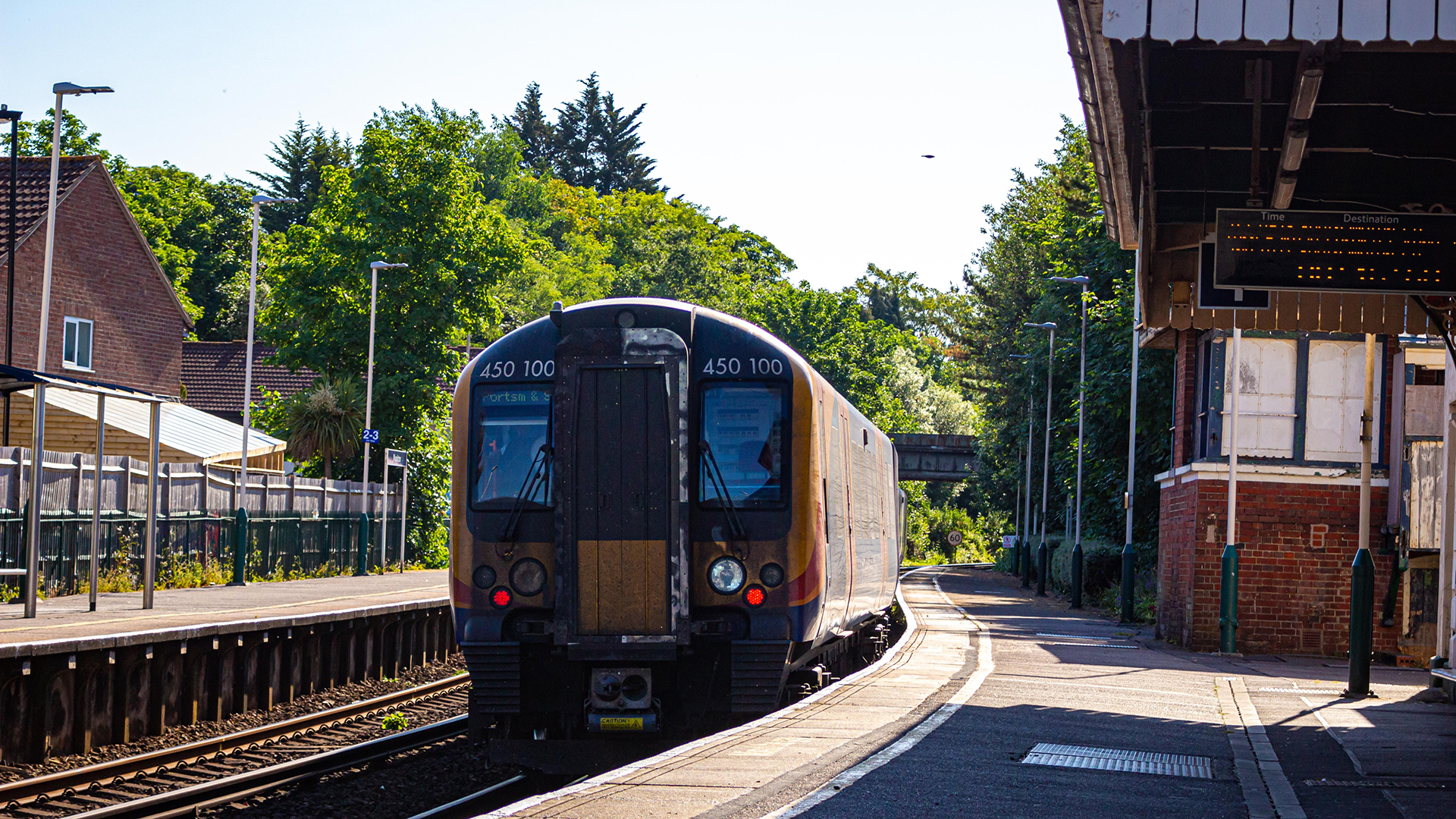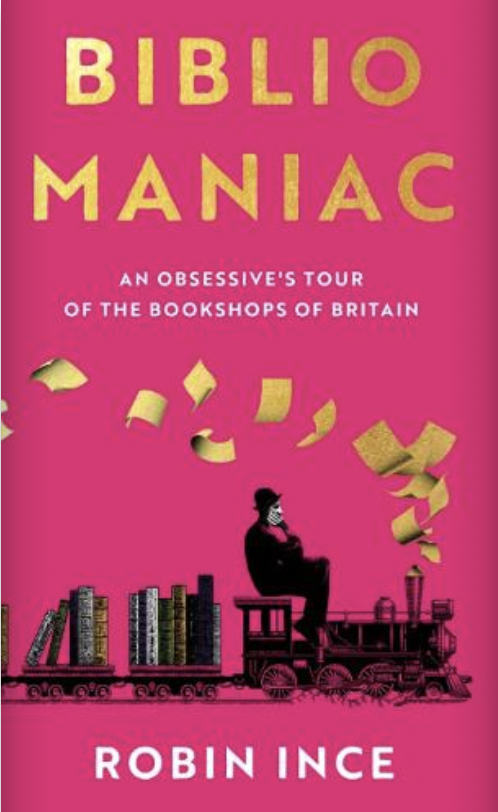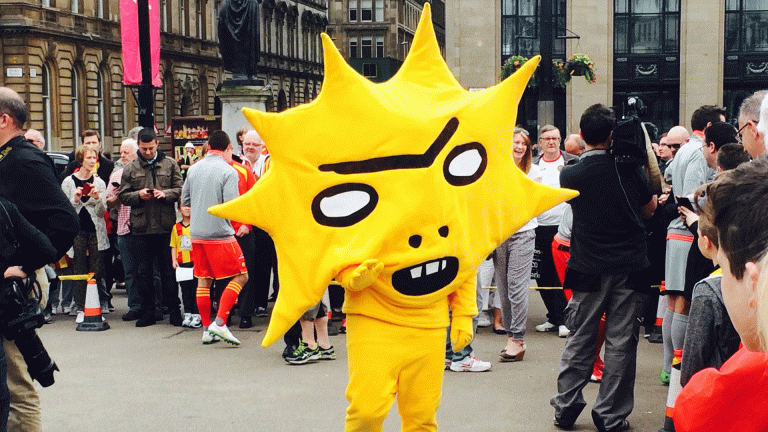The great thing about train strikes is the certainty that trains won’t come. For the rest of the year, we live with the uneasiness of hope. Two years ago, I journeyed to 104 independent bookshops over two months on public transport. I do not believe I would be able to achieve this now. The infrastructure turns to dust before our eyes. The only certainty appears to be profits and luxury for those running industries into the ground as they look down on us from greater and greater heights.
It is the impotence of it all that leads to the pointless rage that usually lashes out in the direction of the powerless because the powerful are behind high gates and watchdogs. It is a bitter truth that the very people who sneer at the woke and their wish for “safe spaces” are usually in the safest spaces of all.
You can see why people turn to drink, except even turning to drink is harder as pubs forced to run on skeleton staff frequently close at 9pm if they’ve not closed down altogether.
- The public are split over support for the train strikes, a poll has found
- Why Europe’s sleeper trains are waking up
- Ken Loach: “This is not an accident. This is capitalism working.”
Get the latest news and insight into how the Big Issue magazine is made by signing up for the Inside Big Issue newsletter
On Thursday, I was performing at the Contact Theatre in Manchester and then planned to get the train to Hull to talk at a conference for the charity Favor – Faces and Voices of Recovery. Shortly before walking on stage, I checked the trains and saw it was cancelled. Fortunately, my friend Carl lives down the road in Levenshulme and has a self-inflating lilo, so I knew I had somewhere to stay the night. It meant I didn’t need to pay too much attention to my watch as there was no train to miss and so was unruly with my tangents. My theme for the night was the importance of filling ourselves with as many stories as possible, because the more stories we put in our heads, the wider the sky becomes and the more possibilities for empathy we have.
For two months now, I have been meaning to tell a story of actor Ian Charleson, best known for starring in the Oscar-winning Chariots of Fire. He was also one of the first UK actors to die from an Aids-related illness. His last work was a National Theatre production of Hamlet. He was very ill by then and with a swollen face which was, according to the official story, due to a sinus operation. No one watching the play knew he was really dying. That night, I read out a letter that a friend of mine sent to her mother after seeing the production. Charleson’s performance broke her heart. Months later, she would find out why his death speech was so real. Standing in the theatre bar after my show, a woman approached me to say how touching she found the Charleson part, as she had cared for him at the hospice where he died. I loved the synchronicity. For 60 shows in a row, I failed to tell this story, the night that I finally got there, someone connected to the tale was watching. Had my train not been cancelled, I would never have had this moment of connection.












